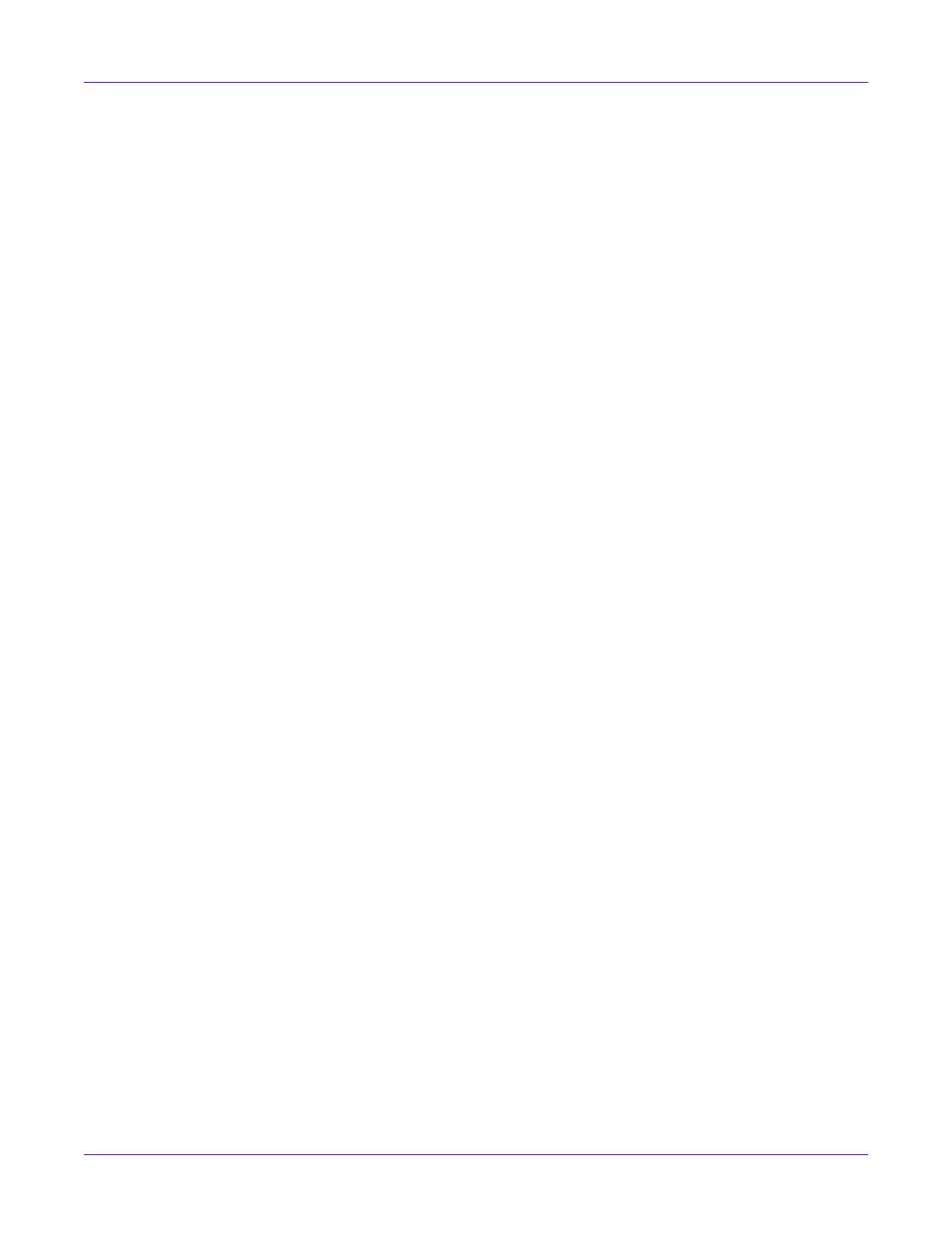Designing and printing labels, Designing labels, Choosing design software – QuickLabel Kiaro! User Manual
Page 55: Disabling anti-aliasing, Planning full-bleed and non-bleed labels, Chapter: 3

Kiaro! User Guide
39
3
Designing and Printing Labels
Designing Labels
This section describes several factors you should consider before you start designing
labels.
Choosing Design Software
You can print to the Kiaro! using any design software with printing functionality.
There are many graphic design software applications available, and the programs you
choose will depend on your desired workflow and design requirements.
Design software is available from QuickLabel Systems and other software vendors.
•
Custom QuickLabel Omni from QuickLabel Systems - This software product,
developed by QuickLabel Systems, makes it easy to create barcodes and position
text and graphics on a label.
•
Third Party Applications - There are a variety of graphic design programs
available from other software companies such as Adobe and Corel. Adobe
Photoshop, Illustrator, and similar professional image editing programs provide
advanced tools for creating your artwork.
A common scenario is to use a mixed approach to designing labels. For example, you
may want to edit a photographic element in Photoshop, create a logo in Illustrator, and
then place both into a Custom QuickLabel Omni file for final layout and printing.
Disabling Anti-aliasing
Most graphic design software applications provide anti-aliasing features that result in
the appearance of smooth color transitions.
When designing labels that will be printed on the Kiaro!, do not use anti-aliasing. This
is especially important if you are printing text or barcodes. For example, an anti-aliased
barcode may not scan correctly due to the color transitions between lines.
Planning Full-Bleed and Non-Bleed Labels
In full-bleed labels, color prints up to the edge of the label. With non-bleed labels, color
stops at a margin before the edge of the label.
Use the following guidelines when setting up a file for a full-bleed label.
•
If you are using matrix-in media, the height and width of the label file “canvas”
should be 0.25” (.63 cm) larger than the height and width of the physical label. This
size will allow a bleed on all sides of the label (onto the matrix) while
accommodating the printer’s minimal label wander.
•
If you are using media with the matrix removed, you can print all the way to the
edge of die-cut labels, but doing so may cause a small amount of ink to deposit
onto the liner. In the event excess ink deposits on the liner, it will not dry and may
smear onto other surfaces, including hands and other printed labels. As a
guideline, no more than 0.02” (0.5 mm) of ink should be printed onto the liner.